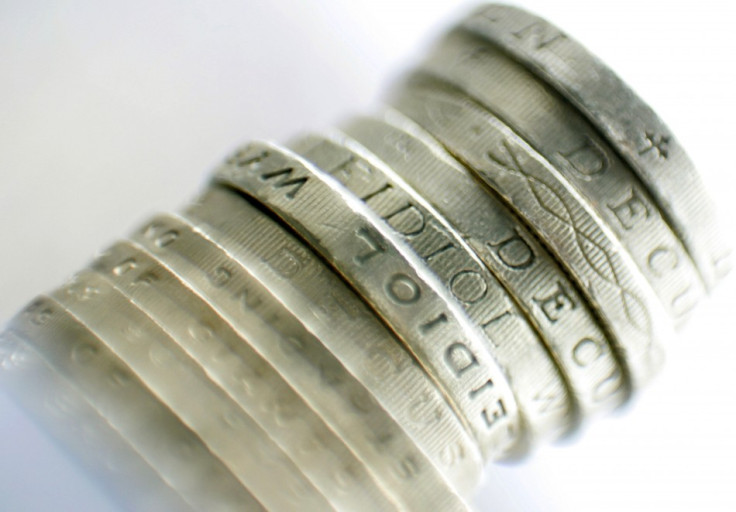UK Debt-to-GDP Rockets to Highest Rate Since 1970

UK debt as a percentage of GDP has soared to its highest level since 1970, as a double-dip recession hammers public finances.
The UK government now has a debt pile worth 66.1 percent of total output from the economy, reported the Office for National Statistics (ONS), up 1.1 percent from May.
It is an increase of 3.8 percent compared with June 2011.
Public sector borrowing was revised up for the first two months of the financial year by £254m from its previous estimate.
"The UK public finance data for June show that government borrowing has come in higher than expected with previous monthly borrowing also revised up," James Knightley, ING analyst, said.
"In terms of the breakdown, income tax receipts are down on the same period last year, as are corporation tax receipts, but VAT receipts are up.
"Consequently, it is clear that the recession is leading to a worsening of the UK's underlying fiscal position and raises more question marks over the effectiveness of the government's austerity measures."
A government spokesperson defended the figures.
"It is too early in the financial year to draw conclusions about the year as a whole," the spokesperson from the Treasury said.
"This is volatile data and is prone to revision: borrowing for last year has been revised again and is now estimated to be below the Office for Budget Responsibility's (OBS) forecast."
Public sector net borrowing was £125.7bn for 2011/12, said the ONS, £0.3bn less than the independent budget watchdog the OBR had forecast.
Britain is in its second recession in four years as it struggles to recover from the financial crisis.
A budget deficit has caused the incumbent coalition government of Conservative and Liberal Democrat to pursue billions in public sector cuts as part of its austerity programme.
Proponents say this is essential as Britain's public finances must be brought under control as soon as possible in order to make the debt sustainable and prevent a crisis.
Critics say this is a time when fiscal stimulus is a must and government spending should be increased, with revenues from subsequent growth used to bring down the deficit.
The International Monetary Fund (IMF) has called on Britain to scale back its austerity.
This recession, which started in the last quarter of 2011, is expected to drag on for the whole first half of the year.
In a bid to extinguish the economic fire, Chancellor George Osborne has announced a series of vital government interventions.
Around £9bn will be ploughed into rail infrastructure investment projects. The government has also offered to underwrite billions of infrastructure projects that are waiting to start, but cannot find financing.
The Treasury has also backed two new credit easing schemes from the Bank of England that see UK financial institutions offered cheap loans in the hope that it frees up affordable lending for consumers and small and medium sized businesses.
Economists interviewed by Reuters expect Britain's recession to last well into the second half of the year before recovering marginally in the final six months, according to a poll published today. The IMF lowered its own forecasts for UK growth by 0.6 percent on Monday for 2012 and 2013.
© Copyright IBTimes 2024. All rights reserved.






